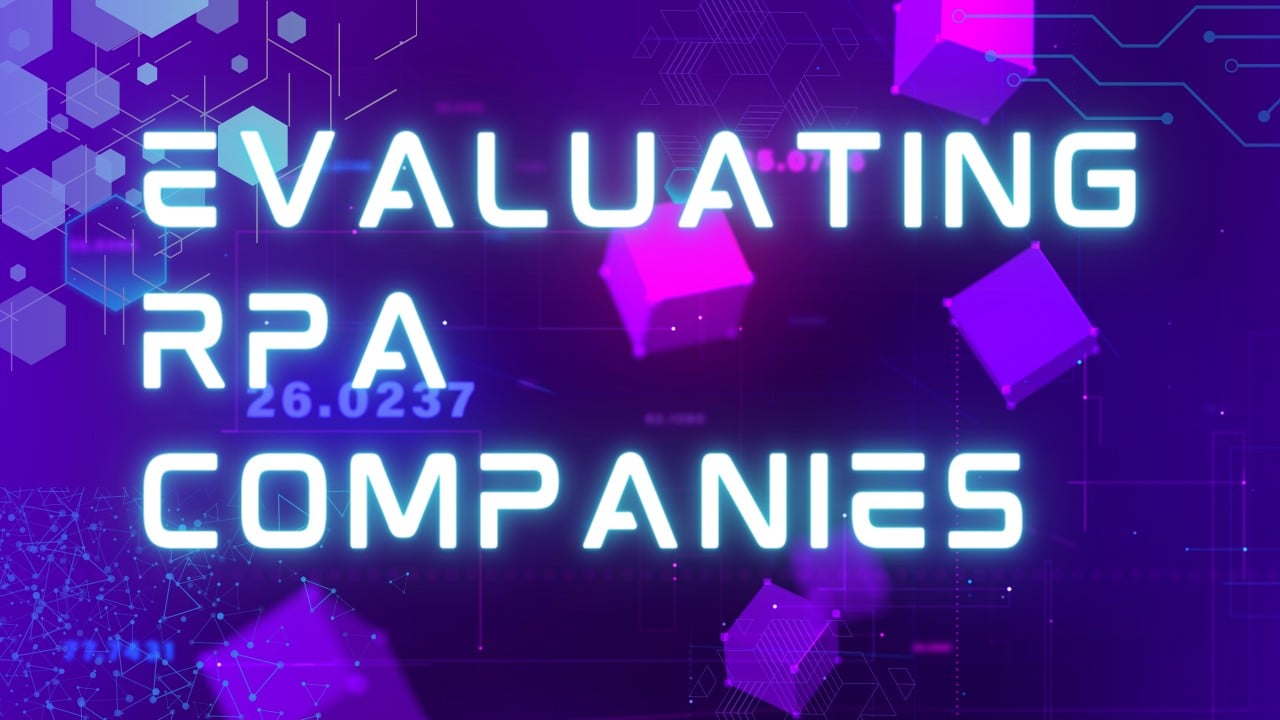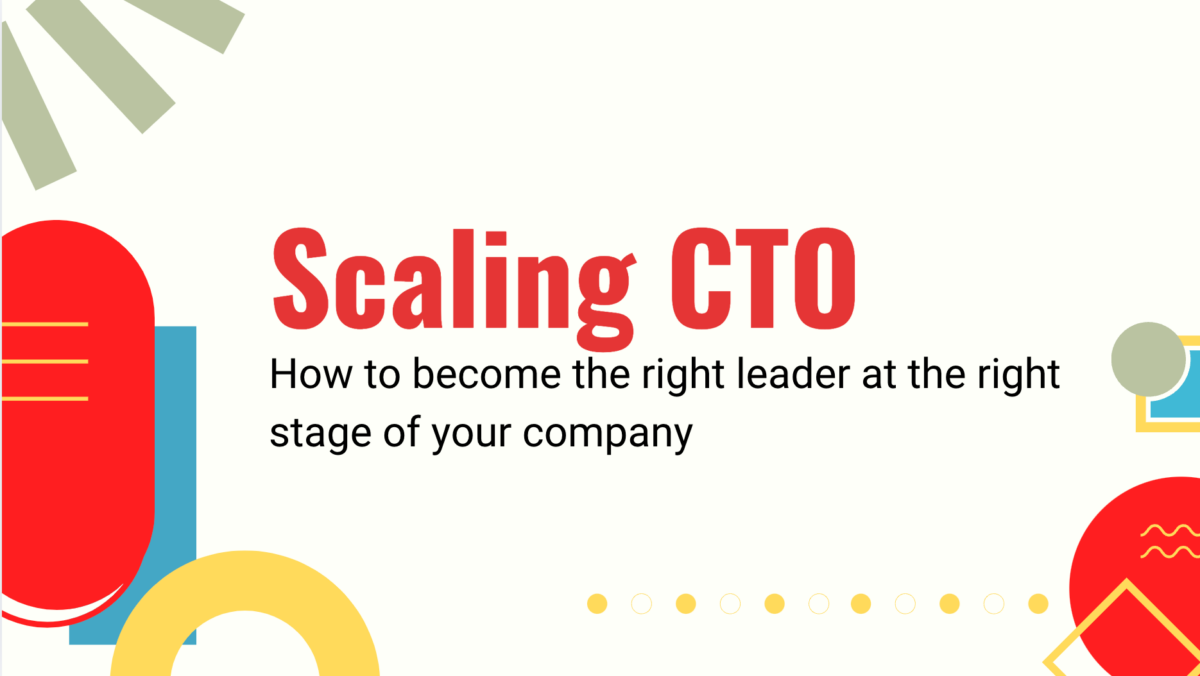Top 10 RPA Companies Transforming The Business Landscape

Robotic Process Automation (RPA) is revolutionizing the way businesses operate. By automating mundane and repetitive tasks, RPA technology is freeing up time and resources that businesses can redirect towards innovation and growth. But with so many RPA companies operating in the market, it can be challenging to choose the right solution. In this article, we will explore the top 10 RPA companies transforming the business landscape and explain what makes them stand out from the rest.
Understanding the Role of RPA in Business Transformation
Before we dive into the top 10 RPA companies, let’s first discuss the role of RPA in business transformation. While RPA is often associated with reducing the manual workload, its true impact lies in providing businesses with agility, flexibility, and scalability. By automating repetitive tasks, RPA frees up employees to focus on more strategic and high-value tasks, thereby helping to streamline processes, improve operational efficiency, and boost productivity.
Moreover, RPA technology has the potential to revolutionize the way businesses operate. It can help organizations to achieve a higher level of accuracy, reduce errors, and ensure consistency in their operations. With RPA, businesses can automate a wide range of tasks, from simple data entry to complex decision-making processes, without any human intervention.
What is Robotic Process Automation (RPA)?
Robotic Process Automation (RPA) is a form of automation that uses software Development robots or bots to mimic the actions of human workers. These software bots can perform a range of tasks such as data entry, form filling, and data extraction from structured or unstructured data sources. RPA technology provides businesses with a non-invasive approach to automation as it can be integrated with existing systems without the need for a major overhaul.
One of the key advantages of RPA is that it can work 24/7 without any breaks, thereby ensuring that businesses can operate around the clock. This can be particularly beneficial for businesses that operate in multiple time zones or have customers located in different parts of the world.
Key Benefits of RPA for Businesses
Some of the key benefits of using RPA technology for businesses include:
1. Automation of repetitive and mundane tasks.
2. Improvement of employee productivity as they are freed up to focus on more strategic tasks.
3. Reduction of operational costs.
4. Enhancement of operational efficiency and accuracy.
5. Improved customer experience through faster response times.
6. Scalability and flexibility for businesses to respond to changing market conditions.
By leveraging the power of RPA technology, businesses can transform their operations and compete effectively in today’s dynamic business landscape. RPA can help businesses to reduce their operational costs, improve their customer service, and enhance their overall efficiency. It can also help businesses to stay ahead of the competition by enabling them to respond quickly to changing market conditions.
How RPA is Changing the Business Landscape
The impact of RPA technology on the business landscape cannot be understated. RPA is transforming business processes across a wide range of industries, including healthcare, finance, manufacturing, and more. By automating repetitive tasks, RPA technology is enabling businesses to free up resources, streamline processes, and improve overall efficiency. This, in turn, is helping companies to enhance their competitiveness and deliver better value to their customers.
Moreover, RPA technology is also enabling businesses to make better use of their data. By automating data entry and data extraction processes, RPA can help businesses to collect and analyze data more efficiently, thereby enabling them to make better-informed decisions. This can be particularly beneficial for businesses that operate in data-intensive industries such as finance and healthcare.
In conclusion, RPA technology is transforming the way businesses operate. By automating repetitive tasks and freeing up resources, RPA is enabling businesses to improve their efficiency, reduce their costs, and enhance their competitiveness. As businesses continue to adopt RPA technology, we can expect to see even more significant changes in the business landscape in the years to come.
Criteria for Evaluating RPA Companies

Now that we have a good understanding of the role and benefits of RPA technology, let’s dive deeper into the criteria for evaluating RPA companies. There are several factors to consider when evaluating RPA companies, including:
Technological Capabilities
The technological capabilities of RPA companies are perhaps the most critical factor to consider. Businesses should choose RPA providers that have a robust and highly functional platform that can seamlessly integrate with their existing systems. The best RPA companies should also offer features such as artificial intelligence and machine learning capabilities to help improve the efficiency and effectiveness of their automation processes.
When evaluating technological capabilities, it’s important to consider the level of customization that the RPA platform provides. The best RPA companies should offer customizable solutions that can be tailored to meet the unique needs of each business. This includes the ability to create custom workflows, integrate with other software applications, and automate specific business processes.
Industry Experience and Expertise
Each industry has unique operational and regulatory requirements, which means that businesses should choose RPA providers with industry-specific expertise. RPA companies with a proven track record in a particular industry are more likely to understand the unique challenges and opportunities in that industry and provide bespoke solutions that meet specific customer needs.
For example, an RPA company that specializes in the healthcare industry will have a better understanding of the regulatory requirements and compliance issues that healthcare providers face. They will be able to provide customized solutions that address these specific challenges and ensure that the automation processes are compliant with all relevant regulations.
Scalability and Flexibility
Businesses should also choose RPA providers with scalable and flexible solutions. The best RPA companies should be able to handle an increasing workload as businesses grow and expand. In addition, they should be able to support multiple functions and processes, making it easier for businesses to integrate RPA technology across their operations.
When evaluating scalability and flexibility, it’s important to consider the level of automation that the RPA platform can handle. The best RPA companies should be able to automate a wide range of business processes, from simple tasks to complex workflows. They should also be able to handle large volumes of data and transactions, ensuring that businesses can continue to operate smoothly as they grow.
Customer Support and Training
The best RPA companies should offer effective customer support and training. This is essential to ensure that businesses can get the most out of their RPA investment. The best RPA companies should provide ongoing support and training to ensure that customers can easily manage and adapt to changes in their automation processes.
When evaluating customer support and training, it’s important to consider the level of support that the RPA company provides. The best RPA companies should offer a range of support options, including phone, email, and chat support. They should also provide comprehensive training resources, including online tutorials, user guides, and training videos.
Overall, when evaluating RPA companies, businesses should consider a range of factors, including technological capabilities, industry experience and expertise, scalability and flexibility, and customer support and training. By carefully evaluating these factors, businesses can choose an RPA provider that meets their specific needs and helps them achieve their automation goals.
The Top 10 RPA Companies
Now that we have covered the criteria for evaluating RPA companies, let’s look at the top 10 RPA companies transforming the business landscape. These companies are chosen based on various factors, including technological capabilities, industry expertise, scalability, and customer support.
1. UiPath
UiPath is a leading RPA company that offers a highly functional and scalable platform with AI and machine learning capabilities. UiPath has industry-specific solutions for healthcare, finance, and manufacturing, among others, and offers comprehensive customer support and training services.
UiPath is also known for its community of developers who actively contribute to the platform’s development and share their knowledge and expertise with other users. This community-driven approach has helped UiPath build a strong ecosystem of users and partners, making it a preferred choice for businesses looking to implement RPA.
2. Automation Anywhere
Automation Anywhere provides a flexible and scalable RPA platform that bridges the gap between IT and business operations. Automation Anywhere offers industry-specific solutions and provides ongoing support and training to help customers get the most out of their RPA investment.
One of the key strengths of Automation Anywhere is its focus on democratizing RPA, making it accessible to business users with little or no programming experience. The platform’s intuitive interface and drag-and-drop functionality enable users to create and deploy bots quickly and easily, without relying on IT support.
3. Blue Prism
Blue Prism is a pioneer in the RPA space, and its platform offers comprehensive AI and machine learning capabilities. The Blue Prism RPA platform is flexible, scalable, and highly functional, and the company has a proven track record in a wide range of industries.
Blue Prism is also known for its strong partnerships with leading technology providers, such as Microsoft, IBM, and AWS, which enable customers to integrate RPA with other enterprise systems seamlessly.
4. WorkFusion
WorkFusion is an RPA company that provides an end-to-end platform that includes AI and machine learning capabilities. WorkFusion specializes in the automation of financial services and has expertise in anti-money laundering, trading and risk operations, and other processes.
WorkFusion’s platform is designed to handle complex, unstructured data, making it a preferred choice for businesses dealing with large volumes of data from multiple sources. The platform’s AI and machine learning capabilities enable it to learn from data patterns and make intelligent decisions, further improving its efficiency and accuracy.
5. Pegasystems
Pegasystems is an RPA company that offers an integrated platform that combines RPA, customer relationship management, and business process management. Pegasystems is highly scalable and flexible, making it a preferred choice for businesses in a wide range of industries.
Pegasystems’ platform is designed to improve customer engagement and streamline business processes, enabling businesses to deliver a better customer experience while reducing operational costs.
6. NICE Systems
NICE Systems provides a comprehensive RPA solution that includes AI and machine learning capabilities. The NICE Systems platform is highly scalable and flexible, making it a preferred choice for large enterprises.
NICE Systems’ platform is designed to automate complex, mission-critical processes, enabling businesses to improve operational efficiency and reduce errors. The platform’s AI and machine learning capabilities enable it to learn from data patterns and make intelligent decisions, further improving its efficiency and accuracy.
7. Kofax
Kofax is an RPA company that specializes in document automation and offers a highly functional and scalable platform with AI and machine learning capabilities. Kofax has industry-specific solutions for financial services, healthcare, and manufacturing, among others, and offers robust customer support and training services.
Kofax’s platform is designed to automate document-intensive processes, such as invoice processing, claims management, and customer onboarding, enabling businesses to reduce manual errors and improve compliance.
8. EdgeVerve Systems
EdgeVerve Systems provides a comprehensive and highly functional RPA platform with AI and machine learning capabilities. EdgeVerve Systems specializes in the automation of banking, financial services, and insurance processes.
EdgeVerve Systems’ platform is designed to automate complex, high-volume processes, such as loan processing, claims management, and underwriting, enabling businesses to improve operational efficiency and reduce costs.
9. HelpSystems
HelpSystems offers a flexible and scalable RPA platform with AI and machine learning capabilities. HelpSystems specializes in process automation for a wide range of industries and offers robust customer support and training services.
HelpSystems’ platform is designed to automate repetitive, manual processes, such as data entry, report generation, and order processing, enabling businesses to improve productivity and reduce errors.
10. Laiye
Laiye is an emerging RPA company that provides a flexible and scalable platform with AI and machine learning capabilities. Laiye has industry-specific solutions for healthcare, finance, and manufacturing, among others, and offers comprehensive customer support and training services.
Laiye’s platform is designed to automate repetitive, manual processes, such as data entry, report generation, and order processing, enabling businesses to improve productivity and reduce errors. Laiye is also known for its focus on natural language processing, which enables users to interact with bots using conversational language, further improving the user experience.
Conclusion
The RPA market is booming, with businesses of all sizes and types seeking to automate their processes and achieve operational excellence. The top 10 RPA companies discussed in this article offer robust and scalable solutions that can help businesses achieve their automation goals. When evaluating RPA providers, it is critical to consider factors such as technological capabilities, industry expertise, scalability, and customer support. By choosing the right RPA provider, businesses can transform their operations, improve efficiency, and fuel growth for the future.

